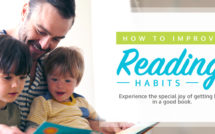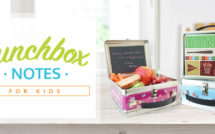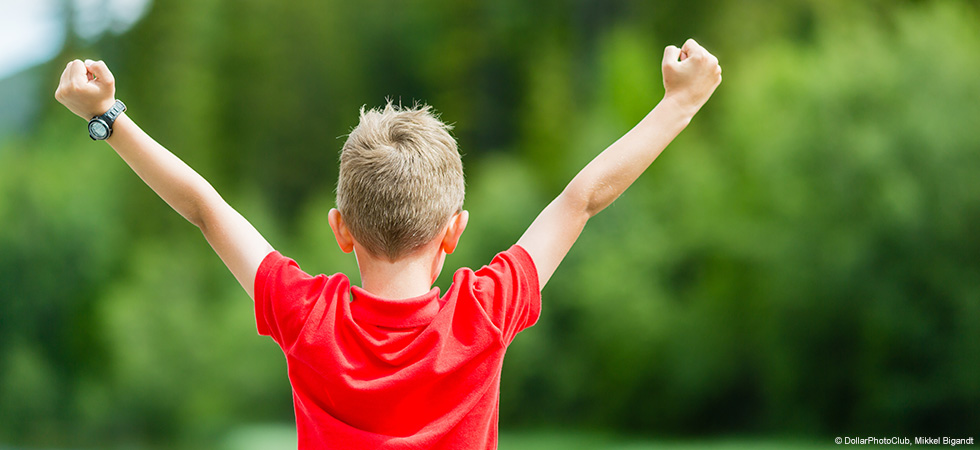Cognitive activities for toddlers encourage logical thinking, hand-eye coordination, fine motor skills development, and more. Puzzles can play a significant role in developing these skills, as even a simple jigsaw puzzle engages a child on multiple levels. Personalized puzzles help children learn the letters of their name and introduce beginning pre-reading skills.
Children need to explore their world and, equally important, interact with it. Making a puzzle offers opportunity for children to do just that. With every puzzle piece they pick up, toddlers are learning they have control over their environment and can change it to fit their needs. This is an important lesson, as the ability to make changes in the world has been key to humanity’s success.
Hand-Eye Coordination
Puzzles engage a child’s developing hand-eye coordination. The eyes see the puzzle piece, and the brain decides where the piece needs to go. At this point, hands, eyes, and brain all cooperate to place the puzzle piece in the right position. It looks simple when it happens, but this series of events is actually highly complicated.
Fine Motor Skills Development
Fine motor skills are the small movements and actions we make, such as writing, typing, or making crafts (gross motor skills describe actions such as walking). Jigsaw pieces, which must be positioned accurately to complete the puzzle, offer excellent opportunities for fine motor development.
Developing Cognitive Abilities
Cognitive activities for toddlers build their rapidly developing mental abilities, and completing a puzzle stimulates mental skills that will impact a child’s schoolwork and personal life. Kids can learn the names and appearance of different dinosaurs with the Dino-Mite Personalized Puzzle, and discover the names of our solar system’s planets with the Outerspace Personalized Puzzle.
Simple puzzles help toddlers develop logical thought processes, shape and color recognition, and memory. Personalized puzzles also teach children to recognize the letters in their own name, adding to the prereading skills she learns from stories and books.
Goals and Patience
Puzzles also help children explore how to set and achieve goals. As your child learns to complete puzzles, he learns how a large goal can be broken down into smaller, achievable tasks by sorting pieces by shape or starting the puzzle by working on the edges. This step-by-step approach also teaches a child patience and a sense of accomplishment when the last piece fits into the puzzle.
Fun
While puzzles are important cognitive activities for toddlers, let’s not forget they’re also fun. Sitting down with mom and dad to work on a puzzle together can become a cherished part of a child’s schedule while gently teaching the child how to cooperate with others to compete a task. Not that your child is aware of this. All she knows is she’s having fun. And really, isn’t that reason enough to get out the puzzle boxes?
Resources
https://childdevelopmentinfo.com/child-activities/why-puzzles-are-good-for-your-childs-development/



